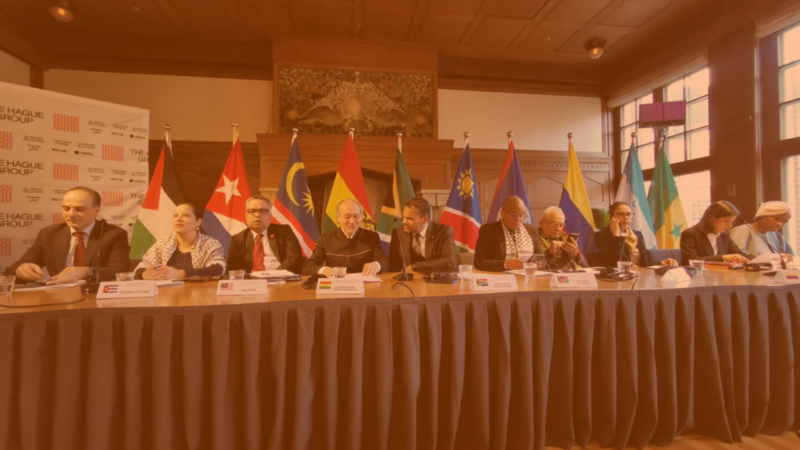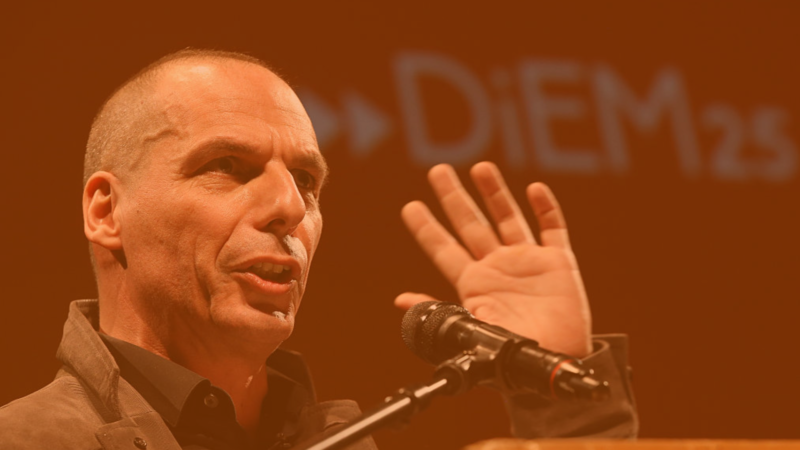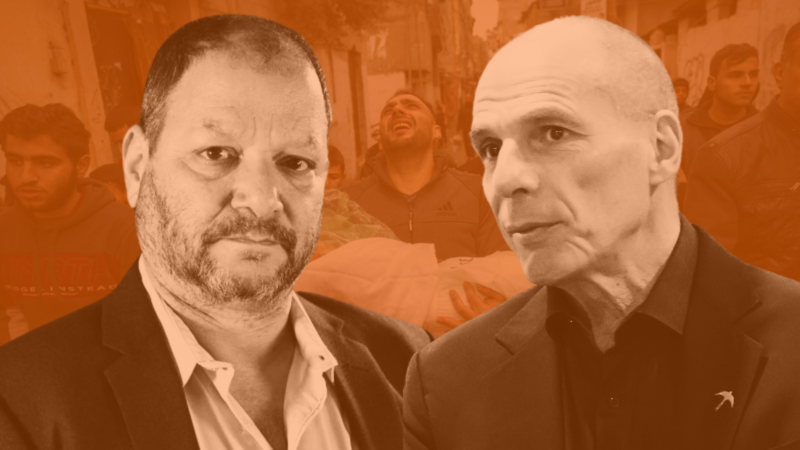As we mark the grim anniversary of 400 days of genocide of the Palestinian people, an alert by the Integrated Food Security Phase Classification (IPC) appeared online. The IPC – a multi-stakeholder organisation focused on food security in international development and conflict contexts – has now triggered a ‘Famine Review Committee Alert’ for Gaza.
The alert, dated November 8, warns: “It can therefore be assumed that starvation, malnutrition, and excess mortality due to malnutrition and disease, are rapidly increasing in these areas [Northern Gaza]. Famine thresholds may have already been crossed or else will be in the near future.”
What this means
Without access to adequate food, and having been malnourished for a longer period of time, the human body will start to deplete any internal source of energy it may have. After all fat reserves are gone, the body turns to bones and muscles for survival. The heart, lungs and vital organs begin to shrink, kidney function is impaired, and the body can no longer regulate its temperature.
The body still tries to survive and begins to shut down most energy intensive tasks – such as digestion. Diarrhoea then sets in. The severely weakened immune system cannot stave off disease – especially contagious ones. Historically, “in most famines, the mortality from epidemic disease has greatly exceeded that from actual starvation deaths” – the latter typically occurring once the shrunken heart stops beating.
What might be next in Gaza: Occupation and genocide by attrition
Combined with the recent banning of UNRWA by the Israeli parliament, the declaration of sectors within Gaza as closed military zones, significant reductions in permitted aid, and ongoing attacks on remaining civilian infrastructure, the genocide is clearly entering a new phase. With not much infrastructure left to destroy, Israel will likely shift its strategy toward prioritising occupation and achieve genocide by attrition in Gaza – aiming to limit direct military engagement, which has thus far exposed the army’s ineffectiveness in militarily engaging Palestinian fighters.
As sections of Gaza face potential permanent occupation, with military infrastructure expanding and echoes of annexation in the West Bank, this signals a hardening of Israel’s ongoing strategy of control and erasure. Meanwhile, reports suggest that some right-wing Israeli politicians might be “hoping” for a grim outcome for abductees, anticipating that their deaths could eliminate the need for negotiations and bolster domestic support for continued occupation and potential resettlement in Gaza. This approach not only sidesteps any path to resolution but weaponises public sentiment to further entrench policies of settler colonialism and apartheid.
In the longer term, no matter how many are killed or displaced, Israel cannot erase the presence of Palestine or the resilience of its people. Settler-colonialism is an outdated method that can no longer function in a globalised world; people everywhere have witnessed scenes of genocide, and the eyes of the world have been opened.
A permanent and just peace
Who, ultimately, is Israel trying to destroy but itself? Genocide cannot guarantee lasting peace or security; instead, it deepens cycles of trauma and instability. The ongoing attempts at erasure ignore the reality that the Palestinian people and their culture remain deeply rooted in their land. Any illusion of “security” achieved through violence will be fleeting, haunted by the enduring consequences of dispossession and brutality.
Tomorrow, DiEM25 members will begin a vote on supporting the Boycott, Divestment, Sanctions (BDS) Movement. If adopted, we will add our strength to further pressure Israel to stop its genocide, get its occupying army out of Gaza, and allow aid to flow in freely. For the longer term, we continue to advocate for a Single Democratic Secular State in the land of Historic Palestine, with a democratic, non-discriminatory constitution crafted by a Constitutional Assembly representing all demographics of Historic Palestine
Globally, we must continue the work of dismantling structures of imperialism and neoliberalism. These forces, driven by the pursuit of power and profit over people, continue to create wars, fuel crimes against humanity, incite xenophobia, devastate our planet, and trap individuals in cycles of poverty and exploitation.
But together, we can build a movement that liberates the 99 percent from the clutches of the 1 percent, fostering a world rooted in equality, justice, and peace. Join us in this mission to create a better future for all.
Do you want to be informed of DiEM25's actions? Sign up here















